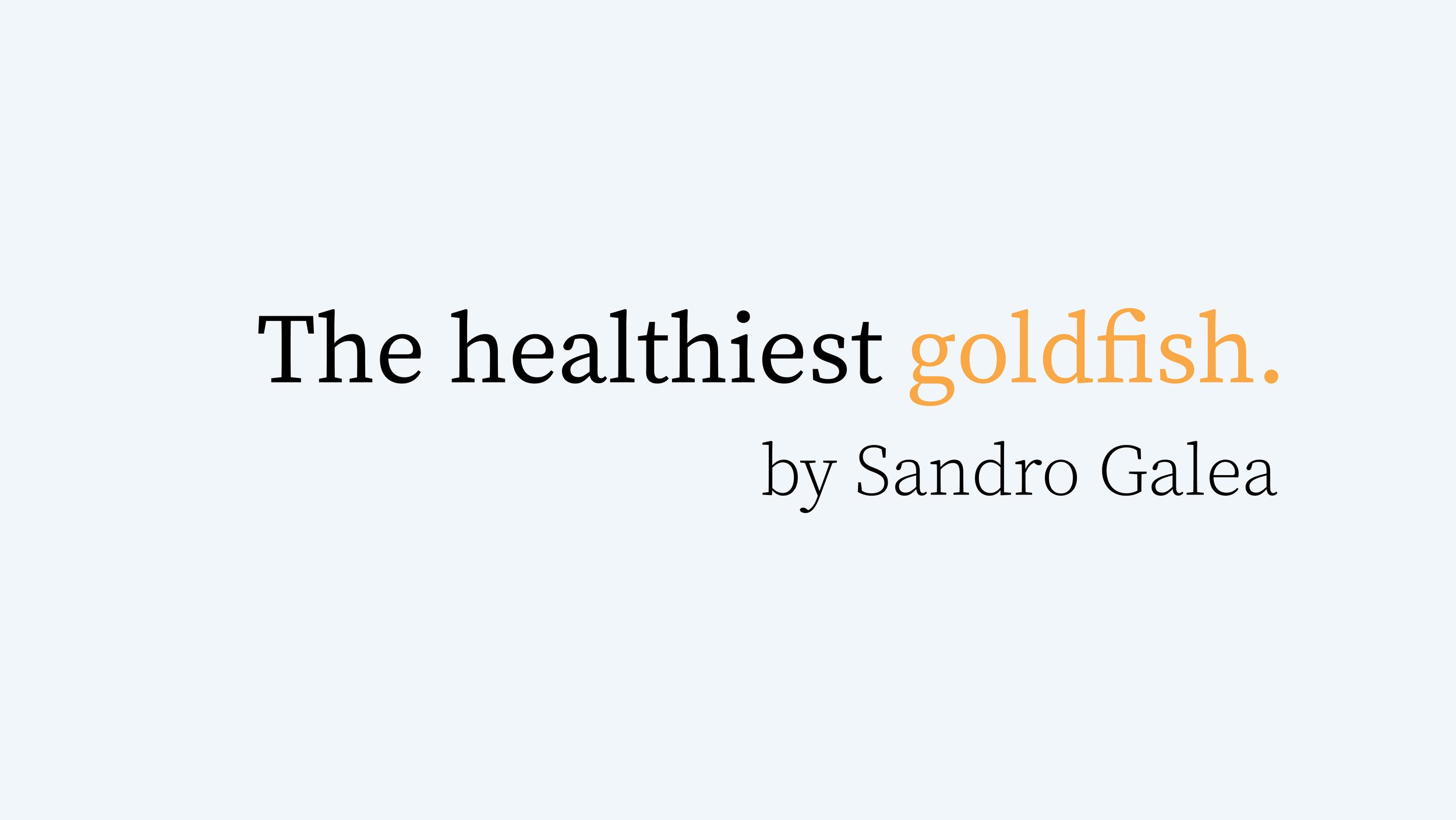Creating a healthier world must include paying attention to the many underdiscussed wars happening throughout the world.
The world has been appropriately riveted in the past few years by two very visible conflicts: the war in Ukraine, provoked by Russia, and the war in the Middle East, provoked on October 7 by Hamas’ horrific incursion into Israel and then perpetuated by Israel’s ongoing retaliatory attacks on Gaza. I have written extensively about both wars and they have captured the public’s attention, and rightly so, given both the enormous implications they have for global stability, and the tragedies they have wrought on people living in Ukraine, Gaza, and Israel. However, I have also acknowledged that our attention to these conflicts should not, must not, mean that we look away from other conflicts that are equally as devastating for the people in other areas whose lives have been upended by war. It is sometimes difficult, perhaps next to impossible, to recognize that regions that we have grown accustomed to seeing through the lens of war were once areas where, before the war, people lived their daily lives as we do, going to school, to work, playing in parks, falling in love, getting married, becoming sick, dying with dignity. All of these are aspects of living, and they have been disrupted by war and conflict in so many areas, some of which we do not think about or keep in our minds anywhere near as much as we should.
Read more here




